If you’ve watched the John Oliver episode about the chicken farmers, you will undoubtedly remember the horrible statistics and unjust circumstances they are dealing with. According to Michael Welch, the President of Harrison Poultry, the chicken production has doubled in the last five years, which means it has risen to 160 million (!) chickens a week. That’s a lot of chickens, and a lot of farmers! I have been a member of Farm Sanctuary for more than a decade and I quit eating chicken for a long time since. We’ve all heard of the massive suffering these birds have to endure. They are raised in closed barracks, with little to no light, deliberately incapacitated to move. According to one story on the Farm Sanctuary website, “Cornish Cross chickens (or “broilers” in industry parlance), typically raised for meat, are bred to grow quickly and reach a morbidly unhealthy “market weight” at just six to seven weeks of age. This rapid growth places unnatural strain on their bodies causing a slew of health problems including crippling foot and leg injuries and sudden heart attacks.” I don’t believe that animals produced for the prime purpose of becoming fast food on the table, are healthy. I have resorted to making sure I eat only “free range” or “organic” or “cage-free” chicken… But apparently that’s just as bad, or worse, because the term is misleading. Wait until you read the rest of this.
John’s program didn’t focus on the cruelty of the animals. He showed however how multiple studies have proven that farmers whose sole source of income is chicken farming live below or near the poverty line. They are bullied by four large companies that dominate the chicken industry, with a system called “contract farming”. The giants drop off their chicks with these independent farmers who grow them until they are big enough and picked up for slaughter. The farmer has to procure the property, the equipment, the labor and live up to some pretty serious standards and regular expensive upgrades. Or as John simply put it: “The farmer owns everything that costs money and the companies everything that makes money.” These small farmers run into all this debt because they are lead to believe they will make a steady income, but the competition and penalties are disproportionally stressful and catastrophic. And what’s worse: if any of these farmers speak out against the big 4 they are brutally punished. Just watch the rest of John’s program and weep.
But my story has a happy ending – thank god for that! I want to talk about eggs. And in particular the eggs from Handsome Brook Farm in Franklin, NY where I recently visited. Handsome Brook Farm’s is a success story. Betsy and Bryan Babcock opened their small B&B in 2006. They had five chickens and served their eggs straight from the barn to the breakfast table. Their guests raved so highly about the eggs, saying they’d never tasted anything like it, that the couple got curious. So they did some research and found that the way they raised their chickens made for 1. a healthier bird and 2. eggs with a higher nutrition value. A recent study conducted by researchers in Penn State’s College of Agricultural Sciences, shows that “compared to the eggs of the commercial hens, eggs from pastured hens eggs had twice as much vitamin E and long-chain omega-3 fats, more than double the total omega-3 fatty acids, and less than half the ratio of omega-6 to omega-3 fatty acids. Vitamin A concentration was 38 percent higher in the pastured hens’ eggs than in the commercial hens’ eggs.” But, they are not called “free range”.
Bryan and Betsy soon found that “eggs that are generally available from the grocery stores, including Organic, Cage Free and “Free Roaming” are from hens that are kept in warehouses, often 50,000 to 100,000 chickens in a barn. These conditions are horrible, we thought. And so began our mission to make “Pasture Raised” eggs available to more people, and to have them available through grocery stores. We are strongly committed to animal welfare, and believe that the hens that produce the eggs we eat should be taken care of in a humane manner that permits them to exhibit their natural chicken behavior. This includes giving them fresh air, plenty of room to forage outdoors on grass and bugs (108 square feet per hen), lots of perches, and the ability to scratch the dirt and dust bathe. Traditional cage free, free range, and organic barns don’t do this. We are unique in that we do.” And progressively successful at that!
Handsome Brook Farm has recruited 40 farms so far who all raise their chickens according to the “Pasture Raised” standard. All in all, that’s more than 200,000 hens who lay a 180,000 healthy, nutritious eggs per day! They also own a blueberry farm, all exclusively sold to Fresh Direct. (That’s where these photos were taken) Betsy and Bryan’s company is now ranked #391 in the Inc. 5000 list of Superstar Entrepreneurs! So you see, the farm-t0-table trend is not some hippie-dippie, granola fad. It’s a job-creating, health-beneficial, environmentally-conscious and stress-free expansive business and we should applaud anyone who can make it substantial. Companies like this should get subsidies and tax-breaks and become destinations for school trips. My mom told me last week that she wants two chickens (instead of a dog) for her garden. Wouldn’t that be the best kind of birthday present?
Photos by Felix Wong.
Many thanks to Victoria Hood at Brand Style Communications. Betsy and Bryan Hancock. And The Red Caboose restaurant.

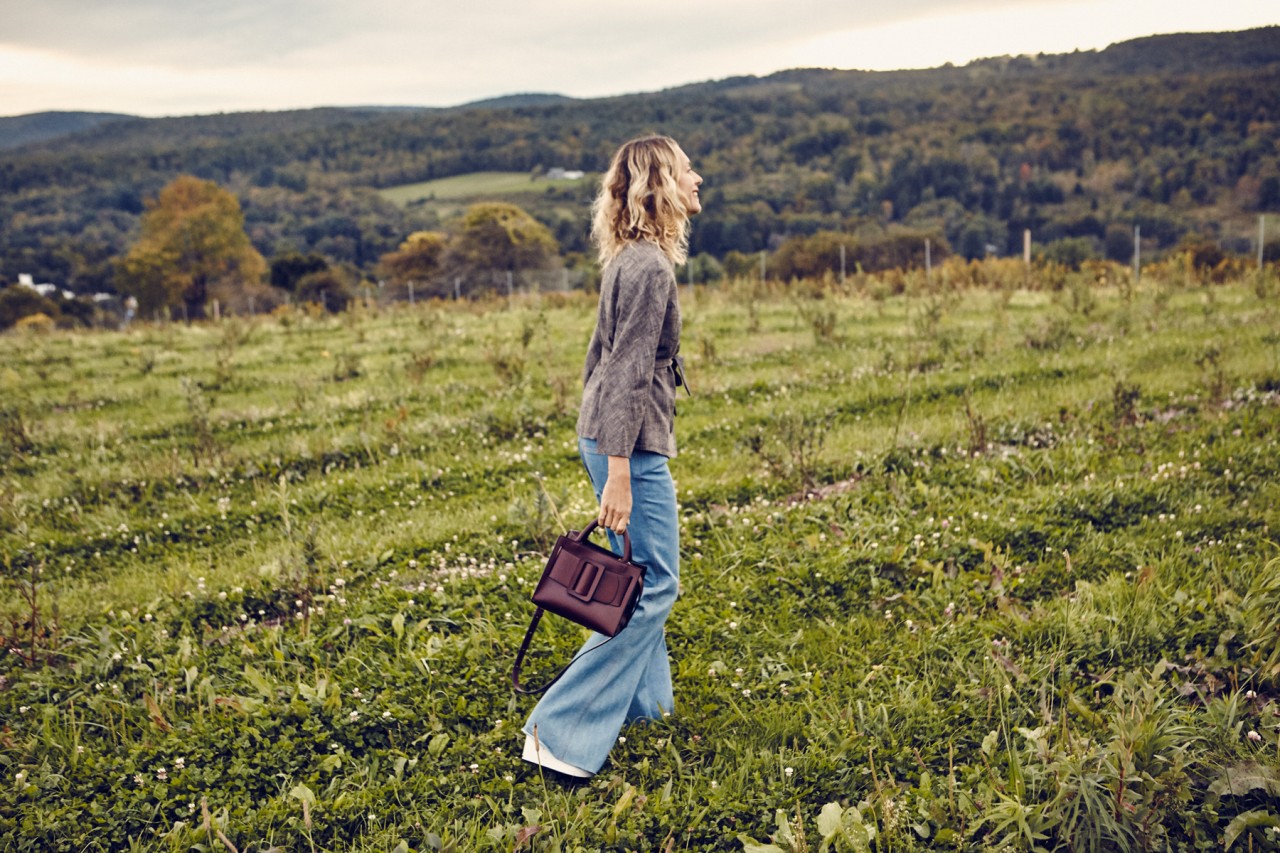



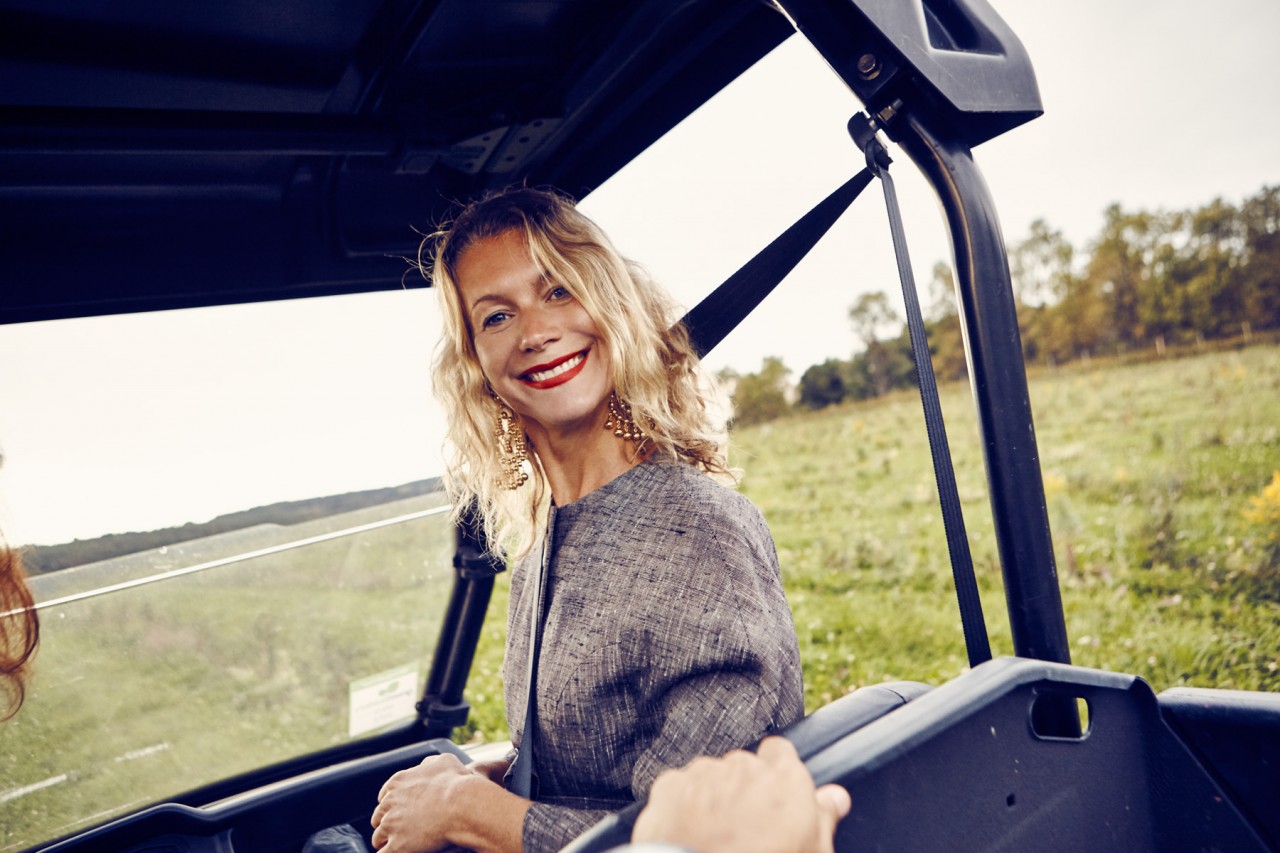

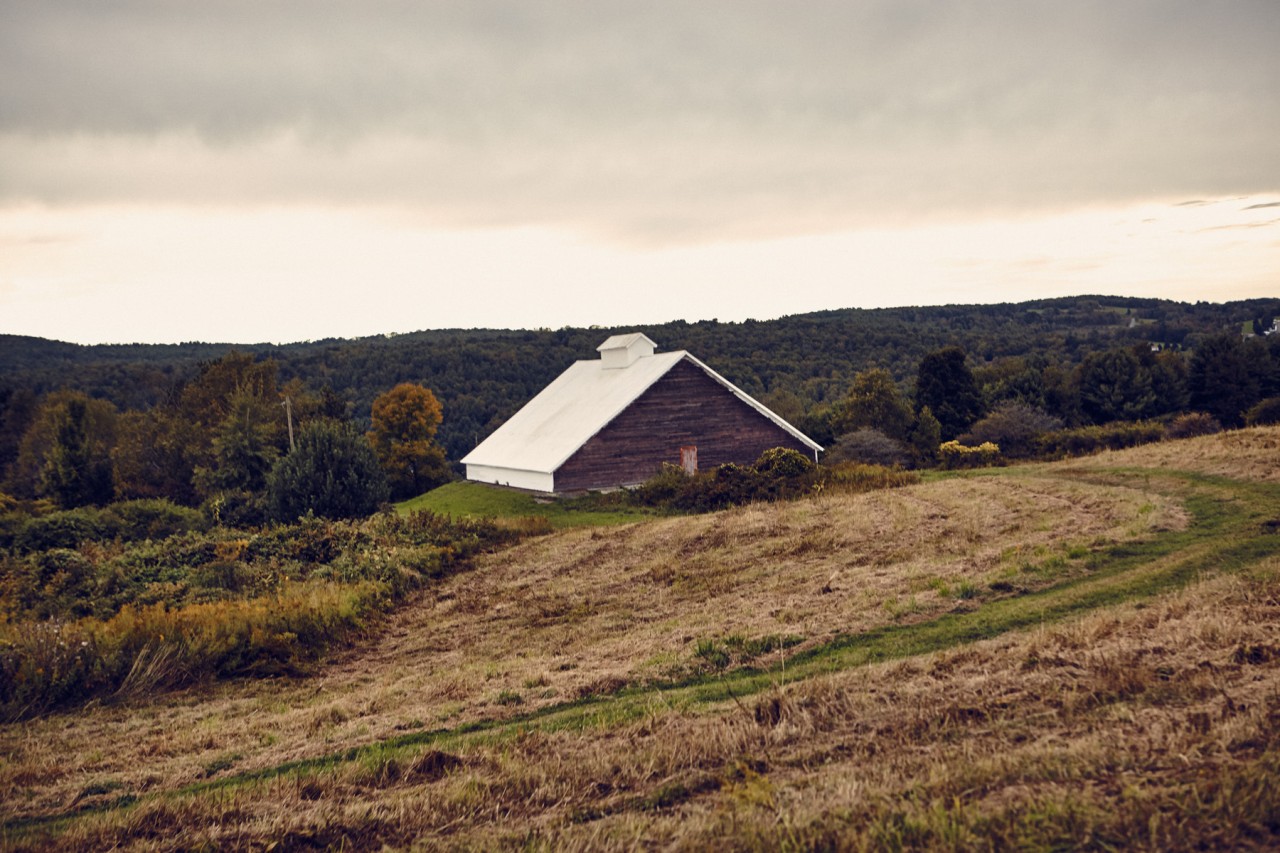
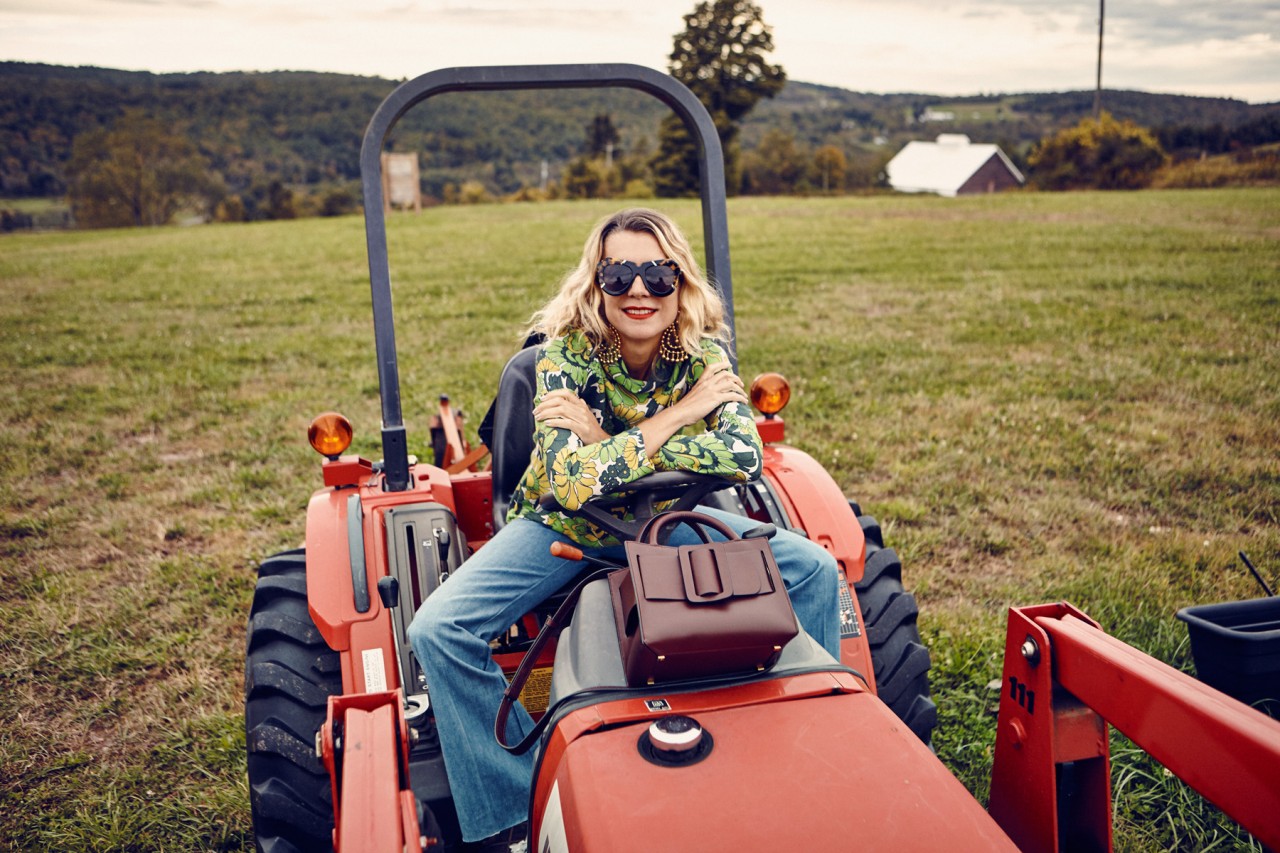

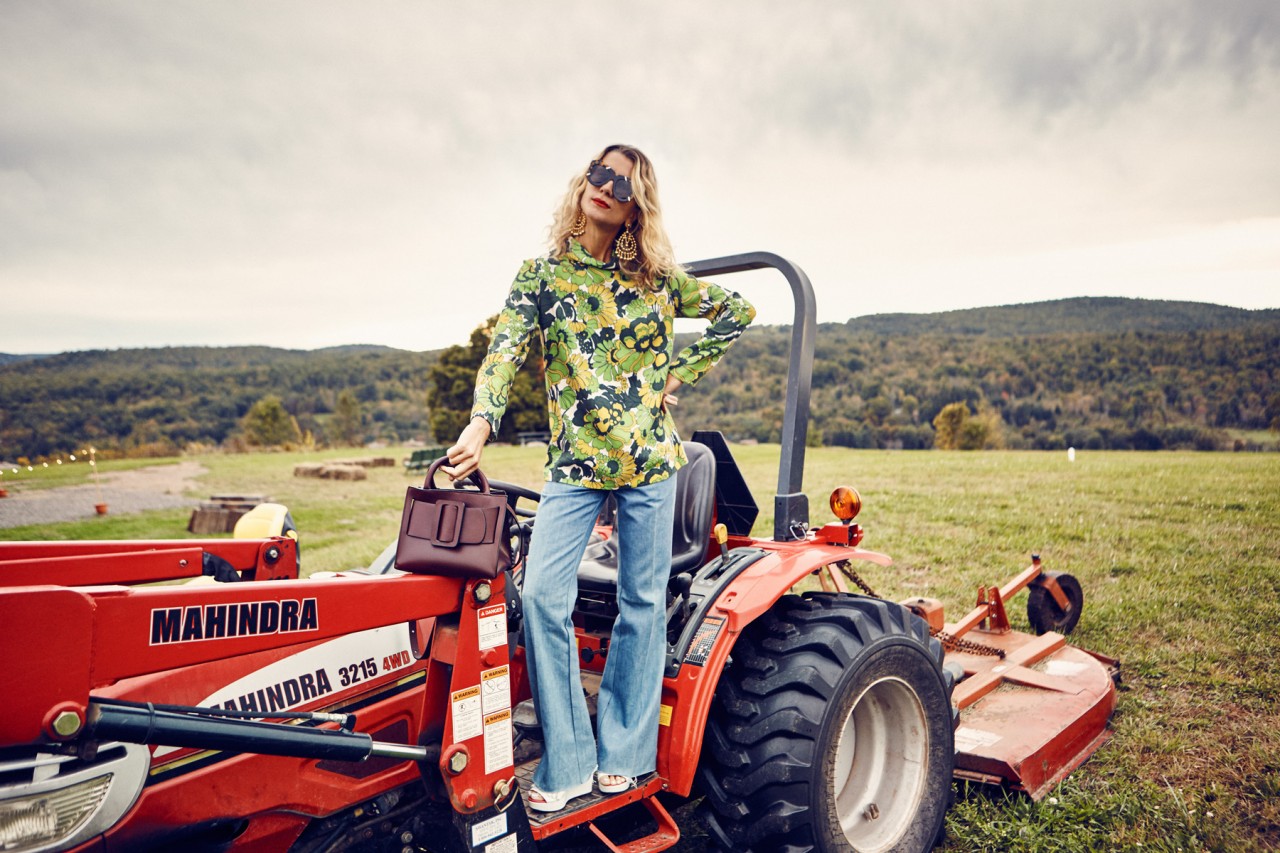
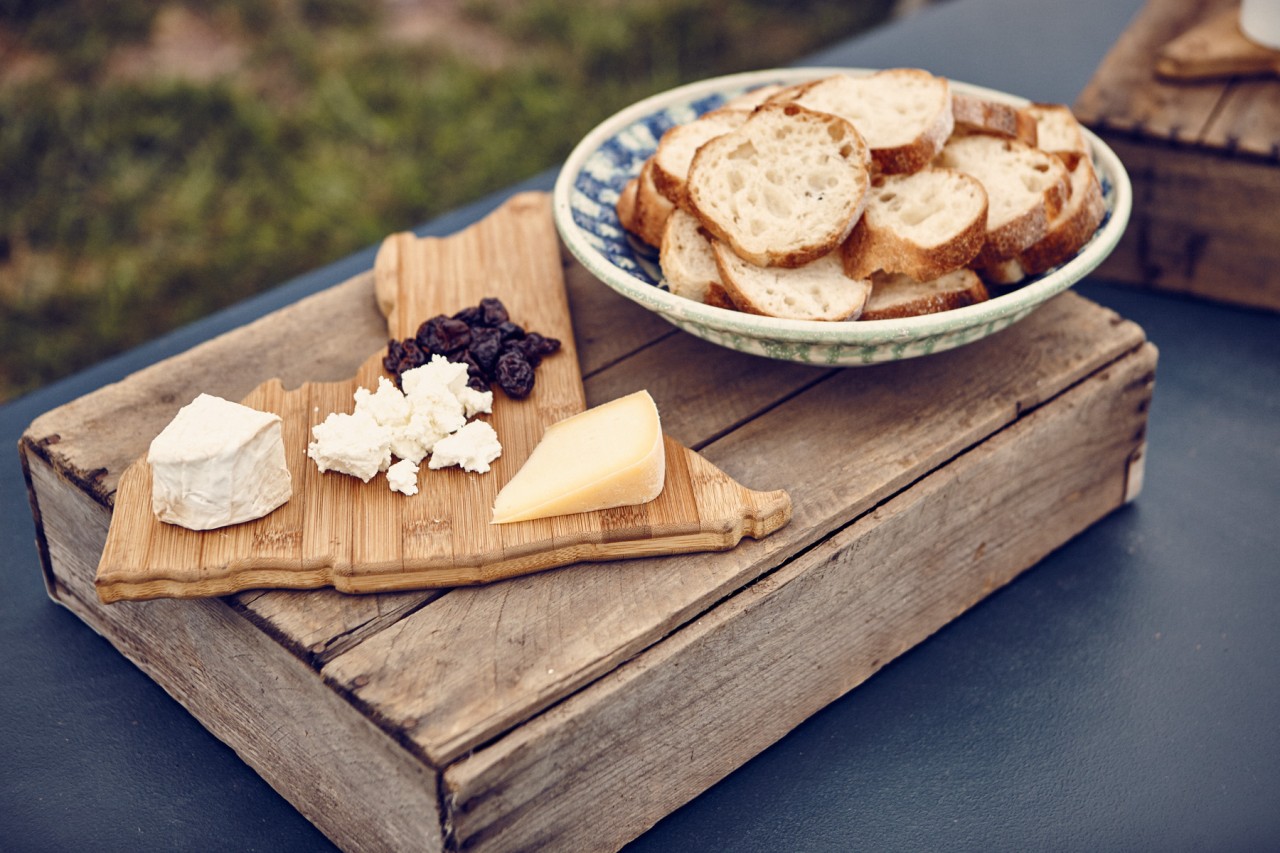
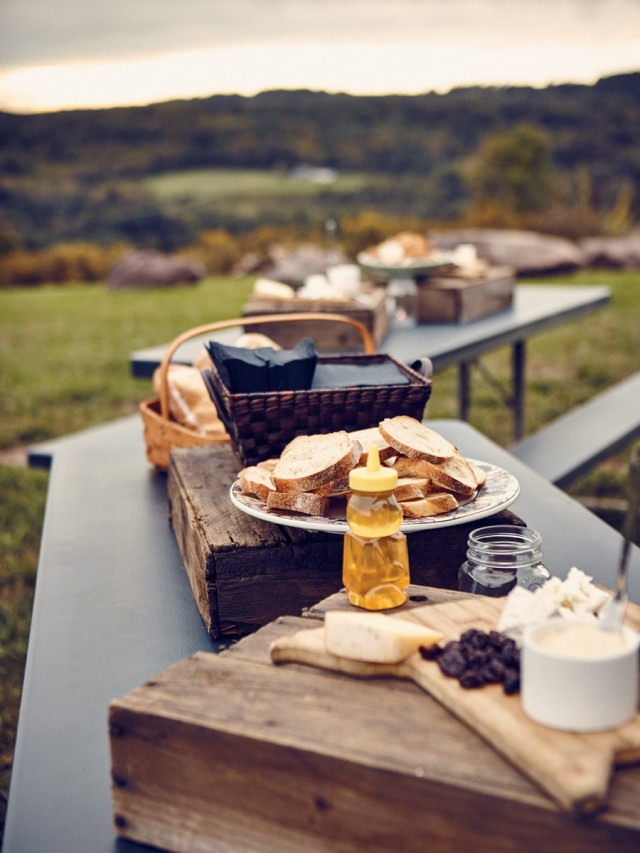
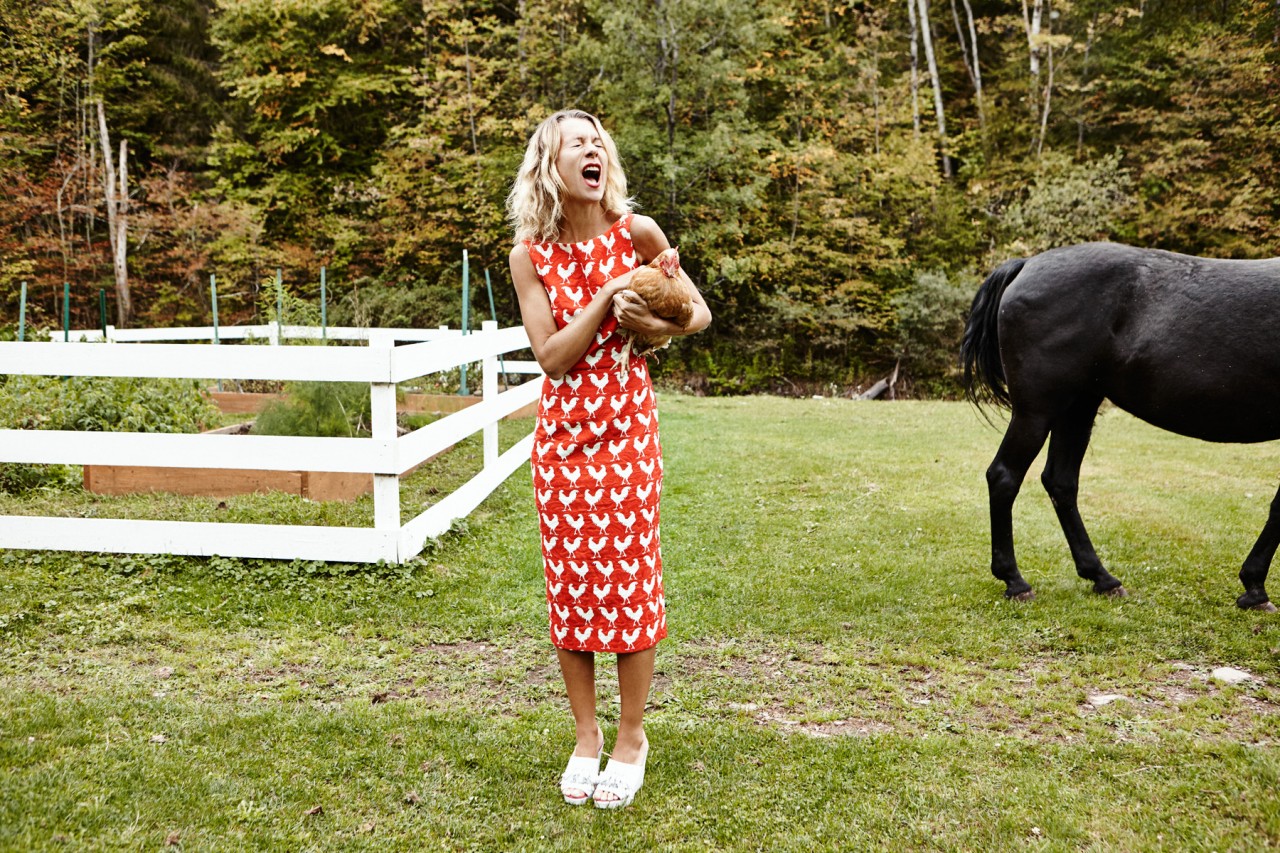
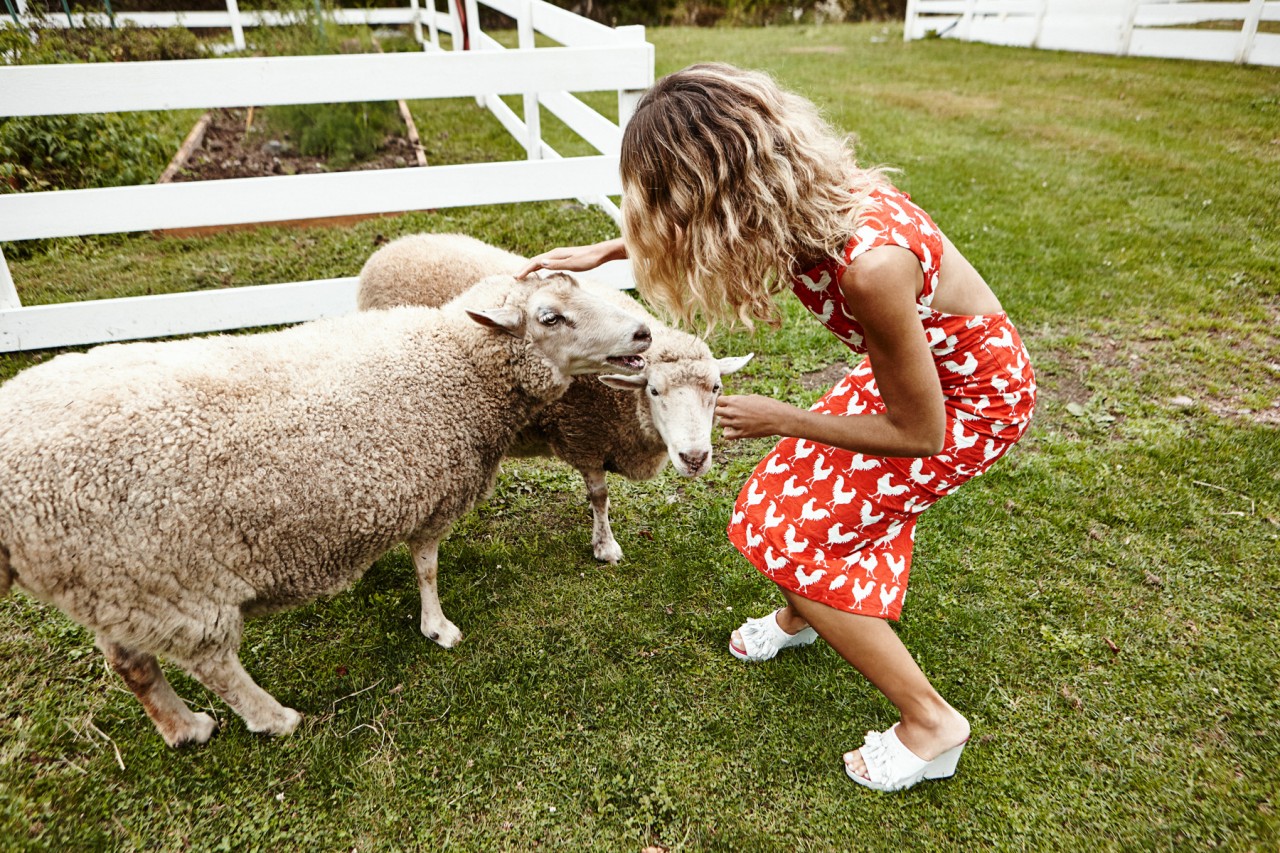
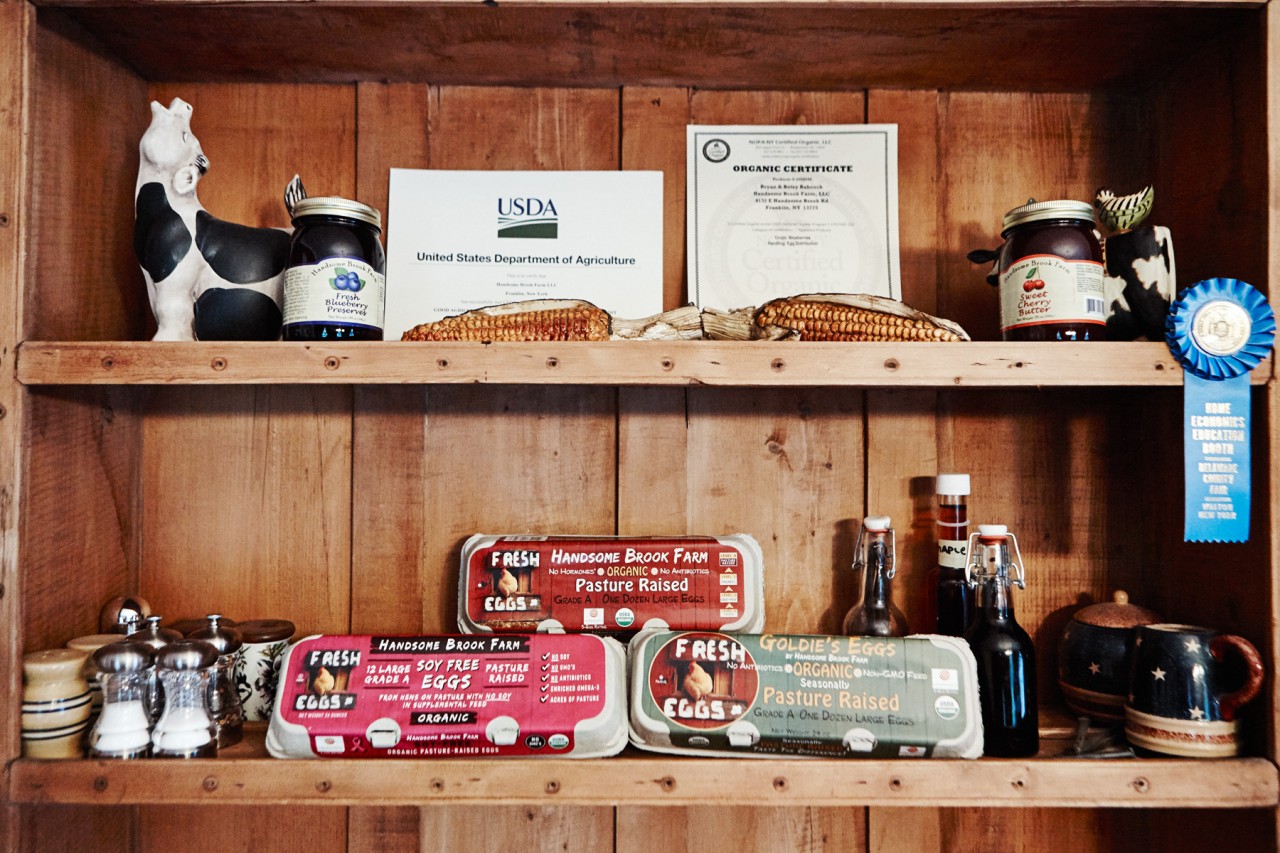





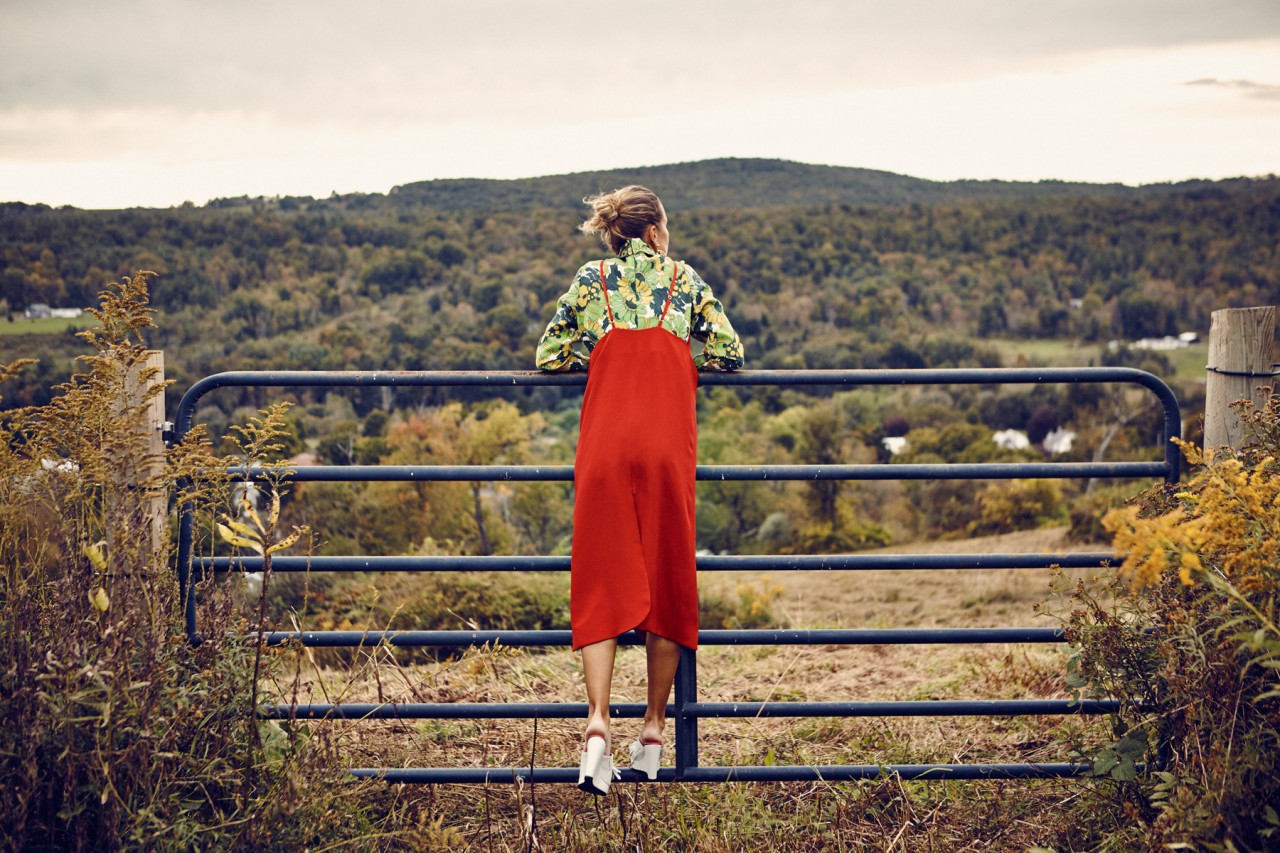


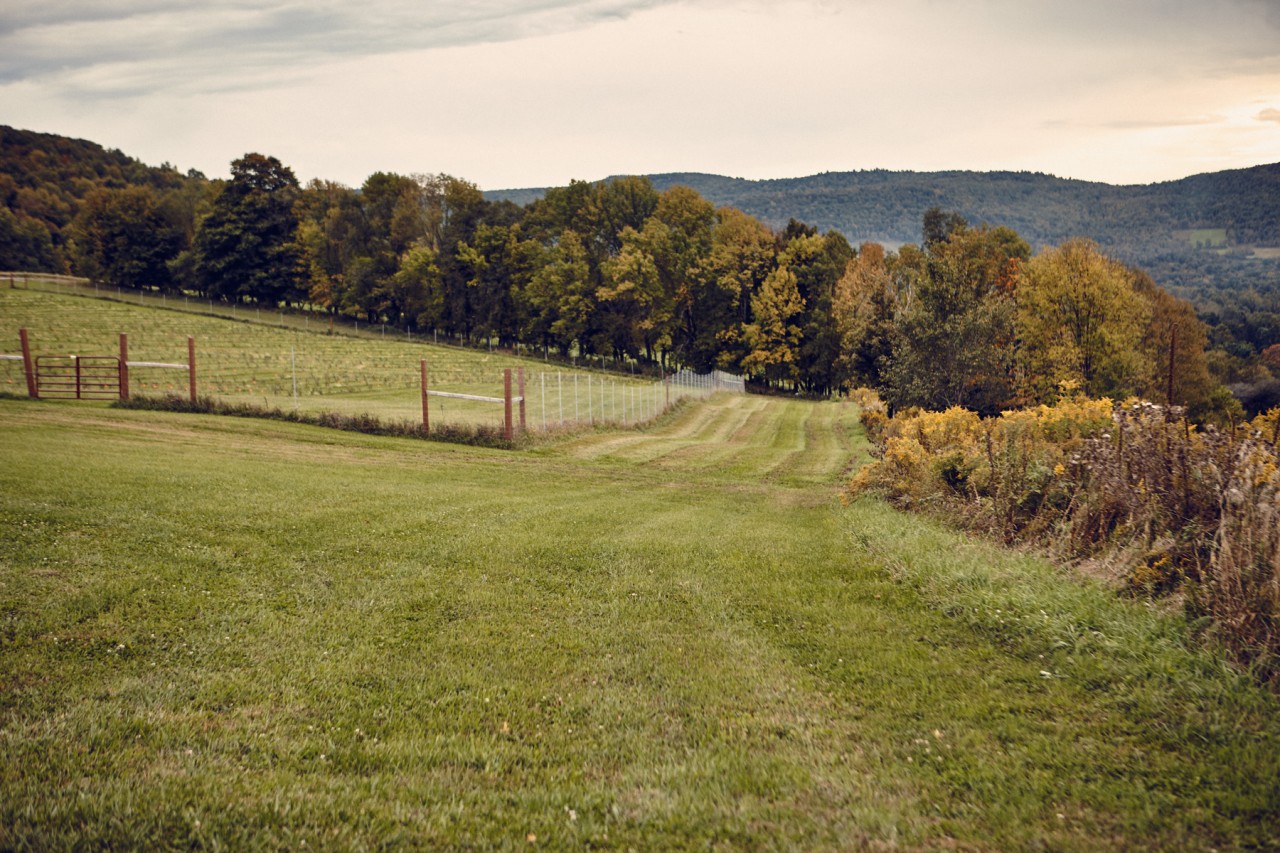
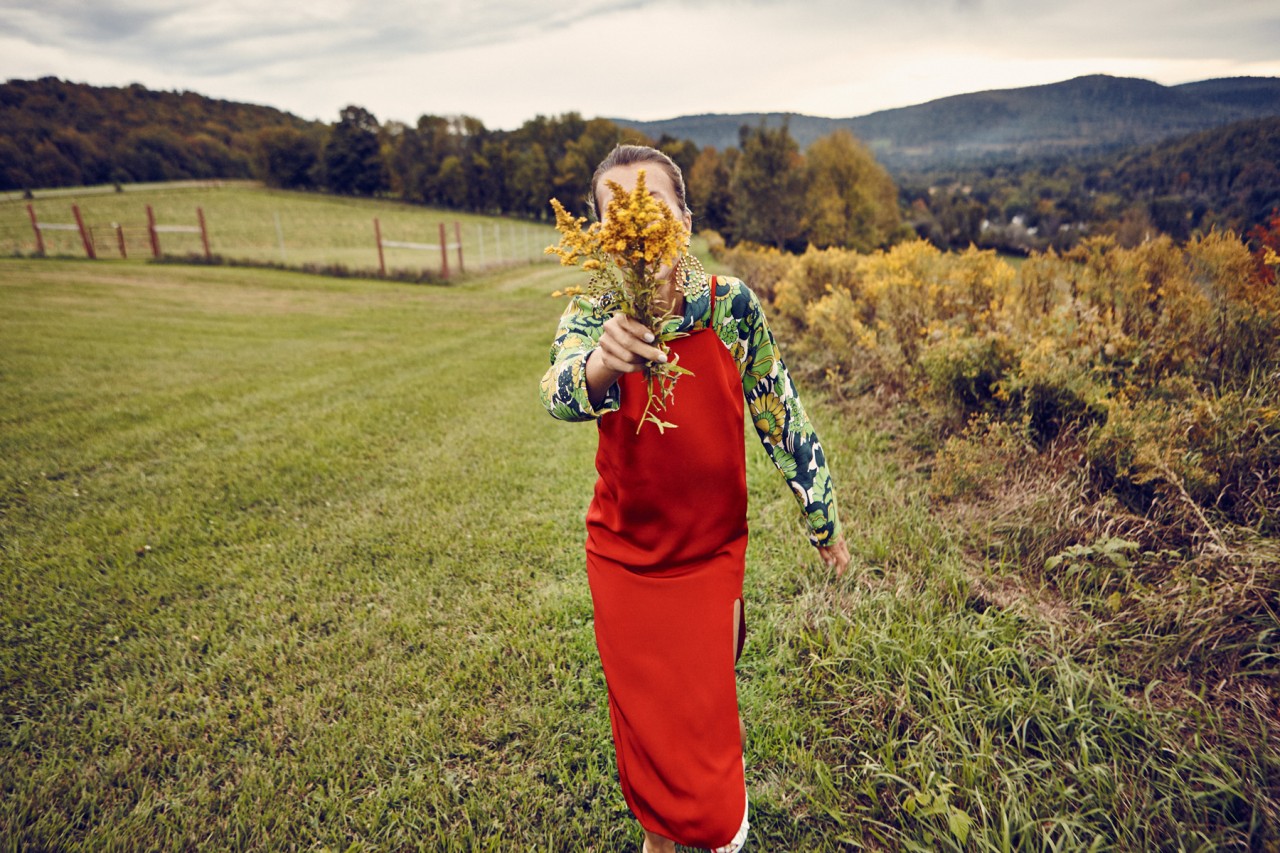
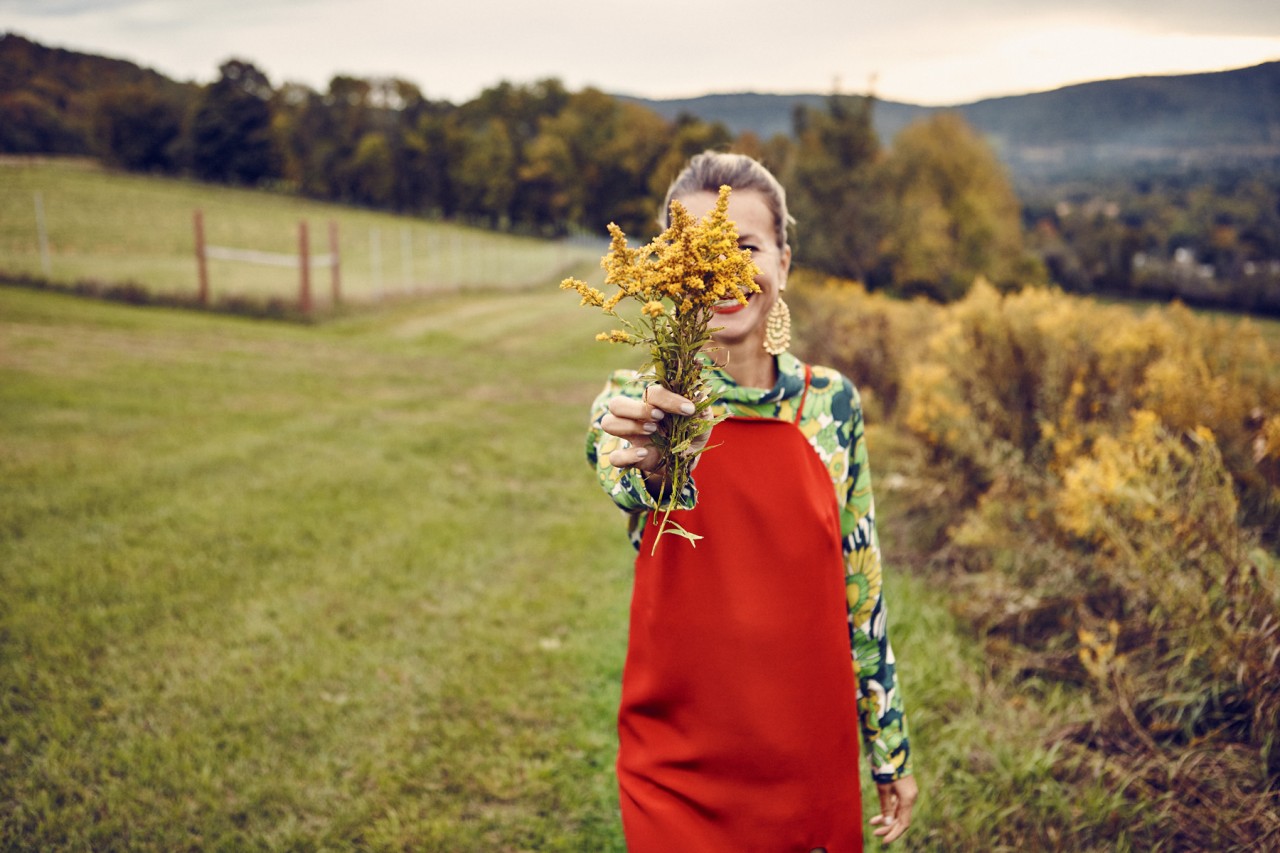




























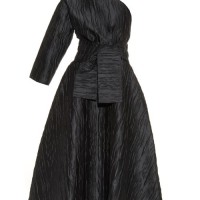








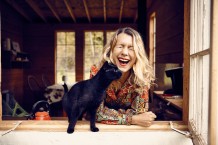

I wanted to say how I am struck by this post. I love that you have incorporated such a lovely message with a beautiful location and wonderful fashion. None of which was done in a contrived manner. It was simply holistic and wonderfully done.
Thank you for this triple-shot of loveliness.
Fantastic post. Thank you for making compassion so fashionable!
Amazing pictures! Amazing outfits!
Love the bag! 🙂
Love from Vienna
Borislava from http://www.colourclub.at
Love the red dress!
rupica.co
go vegan, motherfuckers!
Thank you for awonderful article that almost makes me want to farm a few Chickens meself!
Your blog really good read! Could you explain to me what is the difference between the style of American and European women. Is there a difference? What do you think?
Marta Hernandez http://lostinfashion.pl/
Great Post! I want to have chicken in my (future?) garden as well now…
I love your red dress! Do you have a link of where to find it?